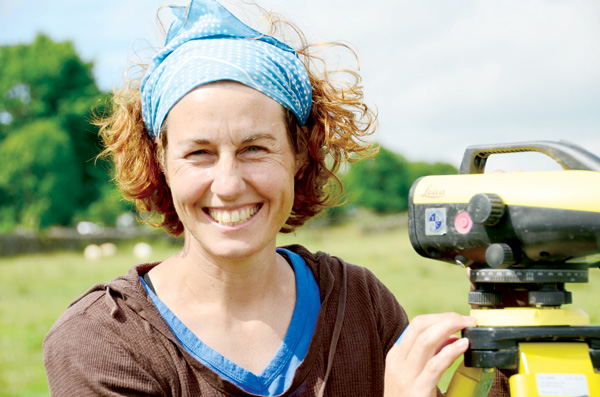
Elizabeth M. Greene is Associate Professor and Canada Research Chair in Roman Archaeology at the University of Western Ontario, Canada. She earned her PhD from the University of North Carolina, Chapel Hill in 2011, and since then has taught in the Classics Department at Western. Her excavation and research specialize in the Roman provinces and frontiers, with particular focus on Roman Britain and the dynamic military communities that inhabited the frontiers of the northwest provinces. Dr. Greene has been part of the archaeological team at Vindolanda on Hadrian’s Wall in northern England since 2002 and led the excavations in the North Field area of the site for a decade. She is currently the principal investigator of the Vindolanda Archaeological Leather Project and co-director of the Vindolanda Field School.
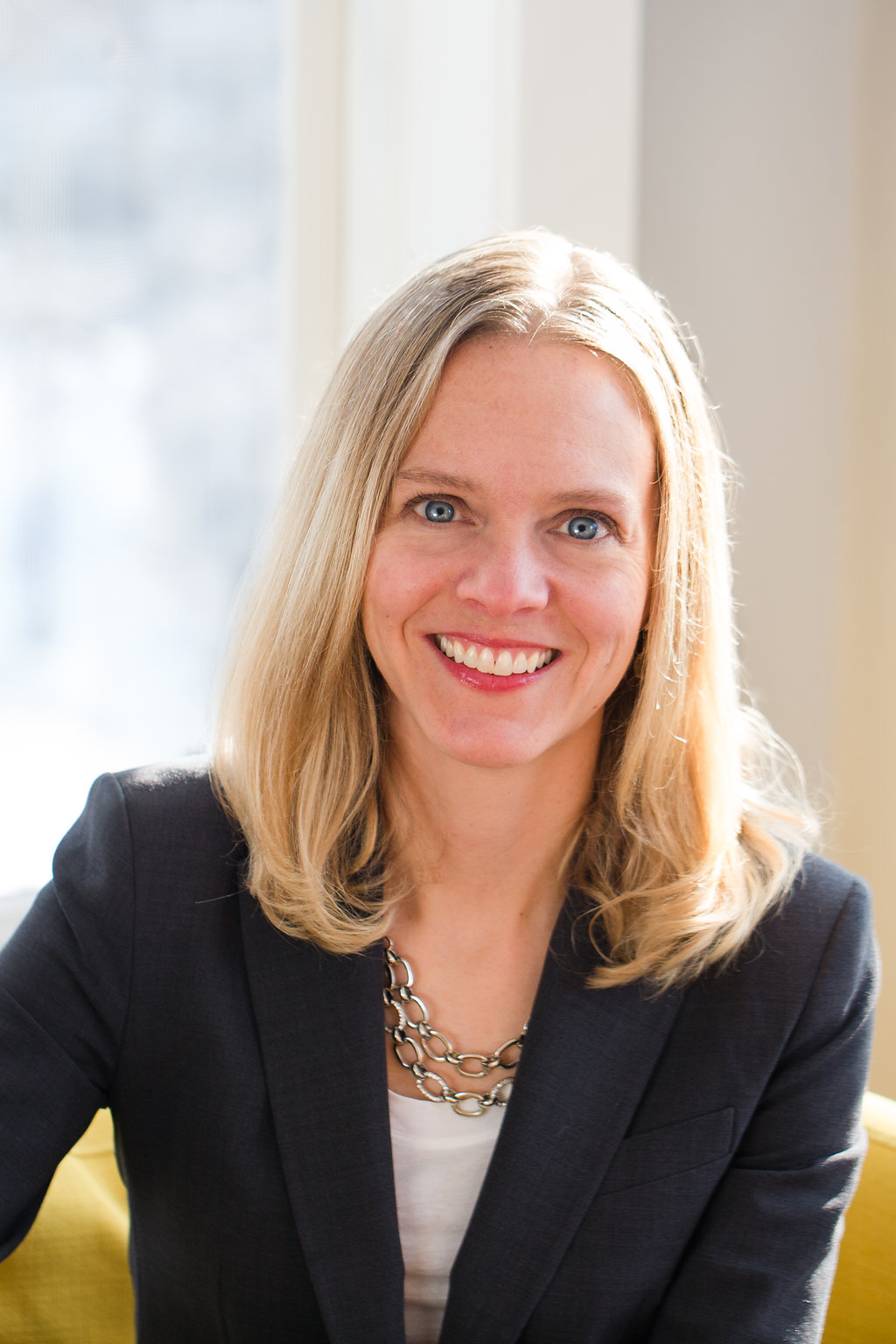
Fiona Rose Greenland is Assistant Professor of Sociology and Assistant Professor of Anthropology (by courtesy). She works at the intersection of cultural sociology, comparative and historical sociology, and archaeology. The core issue she investigates is the role of artifactual culture in modern social life. To do this, she uses mixed qualitative methods that attend to individual and group interpretive practices, the nexus of art, money, and meaning, and the historical contingencies of institutional authority over cultural materials. Prof. Greenland has conducted fieldwork in archaeological sites, museums, and antiquities shops in Italy, Spain, the United Kingdom, and the United States. Her research is supported by the National Science Foundation. Recent publications include Ruling Culture: Art Police, Tomb Robbers, and the Rise of Cultural Power in Italy (Chicago, 2021), Cultural Violence and the Destruction of Human Communities (with Fatma Müge Göçek) (Routledge, 2020), “Long-range Continuities in Comparative and Historical Sociology” (Theory & Society, 2020), and “Theory of an Art Market Scandal” (with Amy Whitaker) (American Journal of Cultural Sociology, 2021). Her book Ruling Culture received the 2022 Mary Douglas Prize for Best Book in Culture from the American Sociological Association.
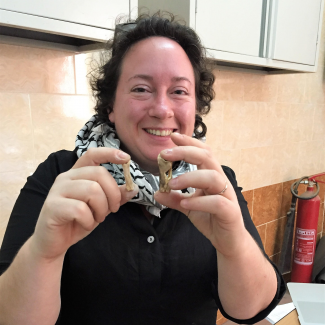
Dr. Kathryn Grossman is an Assistant Professor of Anthropology, North Carolina State University, and the director of the Makounta-Voules Archaeological Project. She is an archaeologist and zooarchaeologist, and her primary regions of focus are Southwest Asia and the eastern Mediterranean. Her current research focuses on resistance to state-making, the biographies of early cities, and human/non-human animal relationships in early complex societies. She is one of the Kershaw lecturers for the AIA’s 2023-2024 National Lecture Program.

Dr. Jessi Halligan is an Assistant Professor of Anthropology at Florida State University. She holds a Ph.D. in Anthropology from Texas A&M University, and a B.A. (2000) from Harvard University in Anthropology with a specialization in Archaeology. Her research specializes in the in hunter-gatherer societies, geoarchaeology, sea level rise and submerged landscape studies, including underwater field methods, which she uses to study submerged Paleoindian sites in Florida.
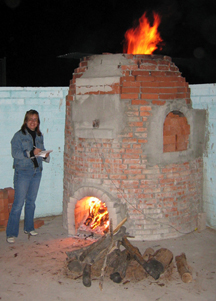
Eleni Hasaki is a Professor of Anthropology and Classics at the University of Arizona. She received her B.A. from the University of Athens, Greece and her Ph.D. from the University of Cincinnati. She is an active member of the AIA Tucson Society, where she serves in a variety of roles, and as president from 2012-2016. She has published on craft technologies, apprenticeship, the spatial organization of workshops, and social network analysis of communities of practice in the Classical world. She has excavated pottery workshops in Greece and directs the ethnoarchaeological study of relocating a potters’ quarter in Tunisia. Her experimental archaeology projects at the Laboratory for Traditional Technology have centered on the wheels and kilns of ancient Greek potters. She promotes Digital Humanities through the WebAtlas of Ceramic Kilns in Ancient Greece and the NEH-funded collaborative project SNAP: Social Networks of Athenian Potters. Hasaki recently coedited a volume on Reconstructing Scales of Production in the Ancient Greek world (Heidelberg 2020). Her 2021 monograph (Potters at Work in Ancient Corinth: Industry, Religion, and the Penteskouphia Pinakes; Hesperia Supplement 51) focuses on the largest group of scenes with potters at work from classical antiquity. Her research has been funded by major institutions, including Harvard’s Loeb Classical Library Foundation, Archaeological Institute of America, Kress Foundation, and American Philosophical Society. More recently, she was a Harvard Fellow at the Center for Hellenic Studies, and a Senior Fellow at the National Gallery of Art, Center for Advanced Study in the Visual Arts (CASVA).
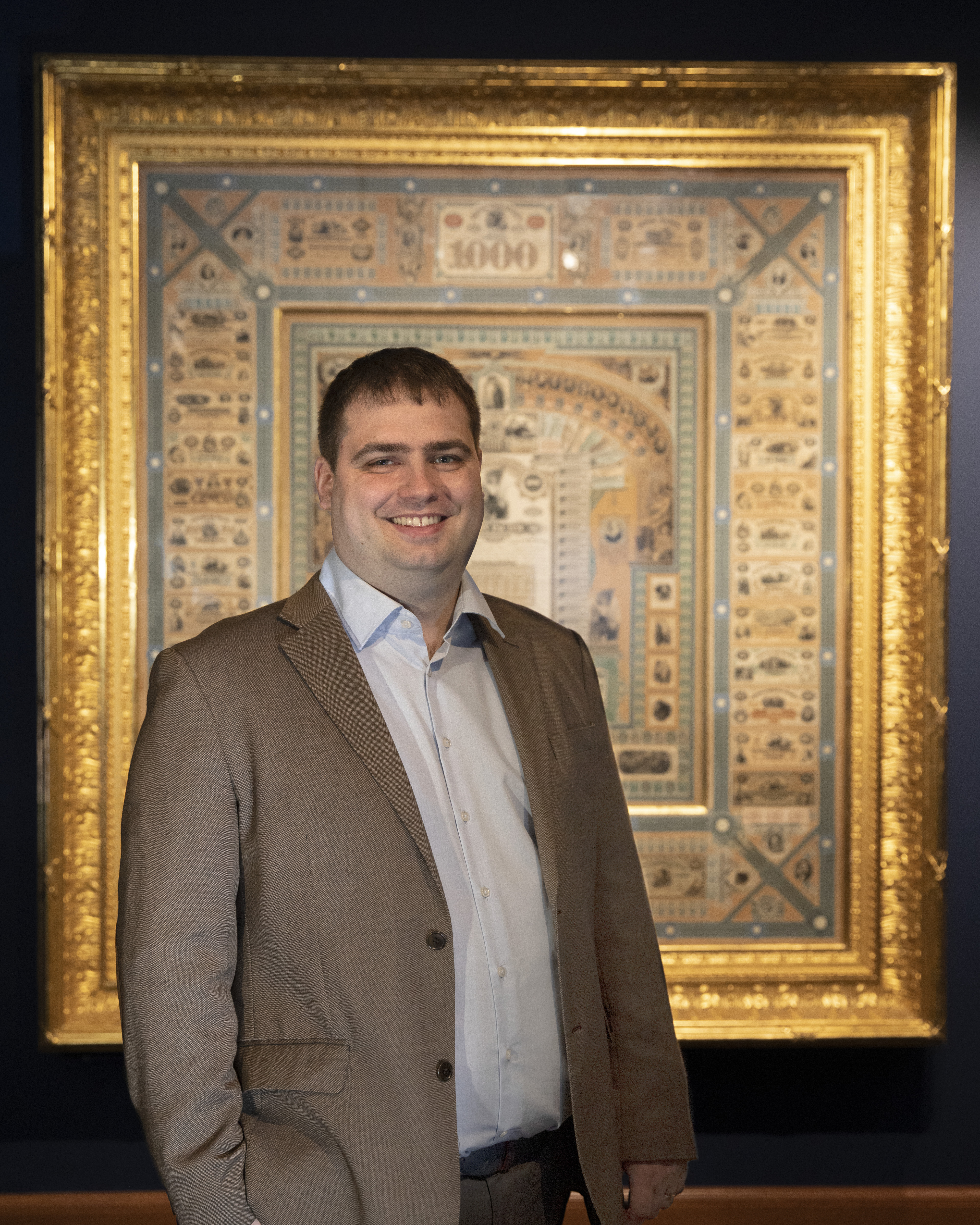
Dr. Benjamin Hellings is the Jackson-Tomasko Associate Curator of Numismatics at the Yale University Art Gallery and oversees the numismatics department. He holds both a Master’s and doctoral degree from the University of Oxford. He is a numismatist who has published on a subjects ranging from ancient Greek and Roman coins to colonial and modern American coins and bank notes. His research interests also include the quantification of ancient coin production and the economy, the circulation and use of ancient coins, and the use of numismatic “big data” for research and teaching, as well as in proof bank notes and related material. He currently serves as the Secretary of ICOMON (International Committee for Money and Bank Museums) and the Chair of the AIA (Archaeological Institute of America) Numismatics Interest Group. He is the Metcalf lecturer for the AIA’s 2023-2024 National Lecture Program
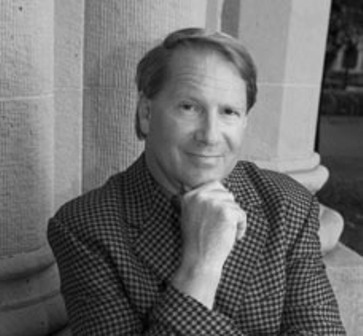
Patrick Hunt is with the Center for Medieval and Early Modern Studies at Stanford University, the Center for Medieval and Renaissance Studies at UCLA, the School of Cultural Diplomacy in London, the Fromm Institute in San Francisco, and the Institute for EthnoMedicine. He holds his Ph.D. from the Institute of Archaeology, University of London, and has also studied at the University of California at Berkeley, and the American School of Classical Studies in Athens. His research interests are Alpine archaeology, archaeological science, archaeometry, geoarchaeology, forensic archaeology, Roman archaeology, Celtic archaeology, and Hannibal studies. His main publications include Alpine Archaeology (2007), and Ten Discoveries That Rewrote History (2007), as well as numerous articles and encyclopedia entries, and his most recent book is Hannibal. Prof. Hunt is one of the AIA’s 2022/2023 Norton Lecturers.
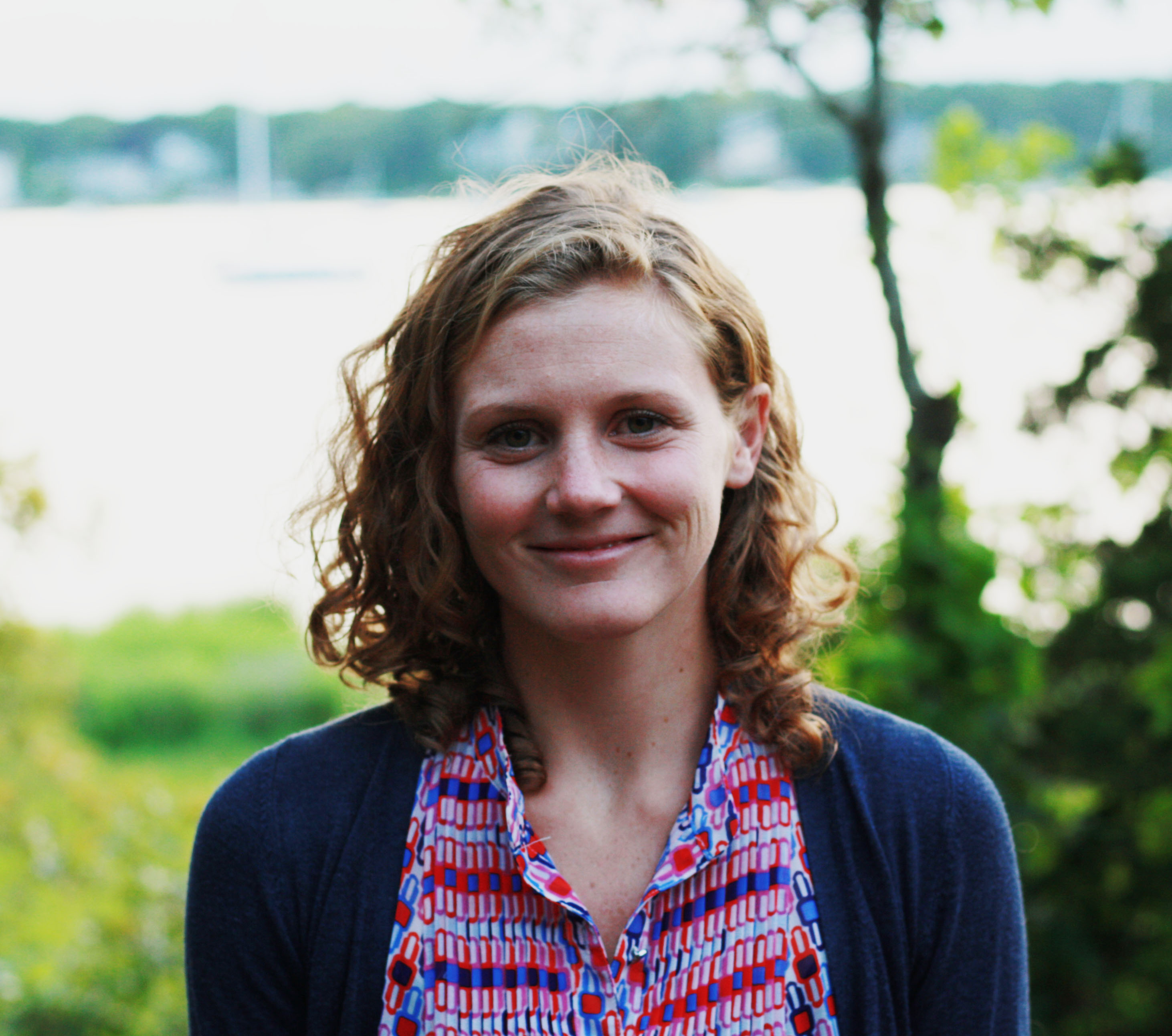
Catherine Kearns is an Assistant Professor in the Department of Classics at the University of Chicago. Dr. Kearns’ research examines the intersections between social and environmental change in Mediterranean landscapes during the Iron Age period. Her first book project, The Rural Landscapes of Archaic Cyprus: An Archaeology of Environmental and Social Change, analyzes the emergence of Archaic communities on the island of Cyprus through their land-use practices, rural economies, and experiences with changing climates. In addition to her work in landscape archaeology, she also studies environmental history, urbanism and hinterlands, and concepts of space and place in antiquity. In recent years she has co-directed fieldwork on Cyprus through the Kalavasos and Maroni Built Environments Project, using geophysics, field survey, excavation and geospatial analysis to identify Iron Age rural settlements, for which she has been awarded ACLS, Loeb Classical Library Foundation and university grants. Dr. Kearns is an AIA Kershaw Lecturer for 2022/2023.
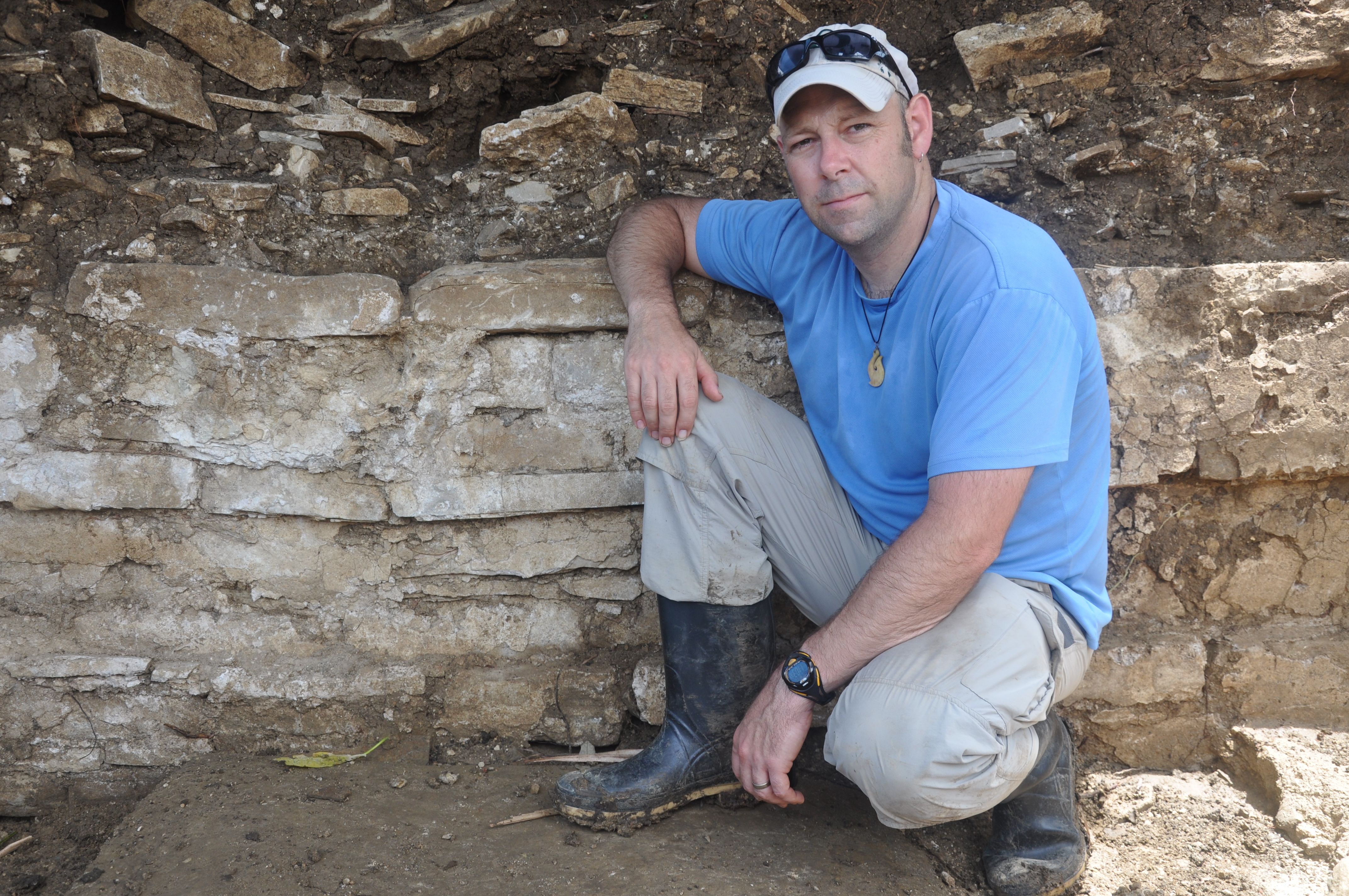
Douglas J. Kennett is a Professor of Environmental Archaeology in the Department of Anthropology at University of California, Santa Barbara. He holds degrees from the University of California, Santa Barbara (Ph.D., M.A., B.A.) and he is the author of over 250 scientific papers. He is also author of the books entitled: The Island Chumash (University of California Press, 2005), Behavioral Ecology and the Transition to Agriculture (University of California Press, 2006) and Taking the High Ground: The archaeology of Rapa, a fortified island in remote East Polynesia (Australia National University Press, 2012). His current field research is in the Maya region.

Lori Khatchadourian is Associate Professor of Near Eastern Studies and Anthropology at Cornell University. Her research uses the methods of archaeology and ethnography to study imperialism, ruination, modernity, and the relations between people, objects, and landscapes, with a particular focus on Armenia and the South Caucasus. She is author of Imperial Matter: Ancient Persia and the Archaeology of Empires (2016) and numerous articles on the Caucasus, Anatolia, and Iran which have appeared in such journals as Cultural Anthropology, American Journal of Archaeology, and Antiquity. Khatchadourian also researches cultural heritage and conflict, and is co-founder and co-director of Caucasus Heritage Watch.